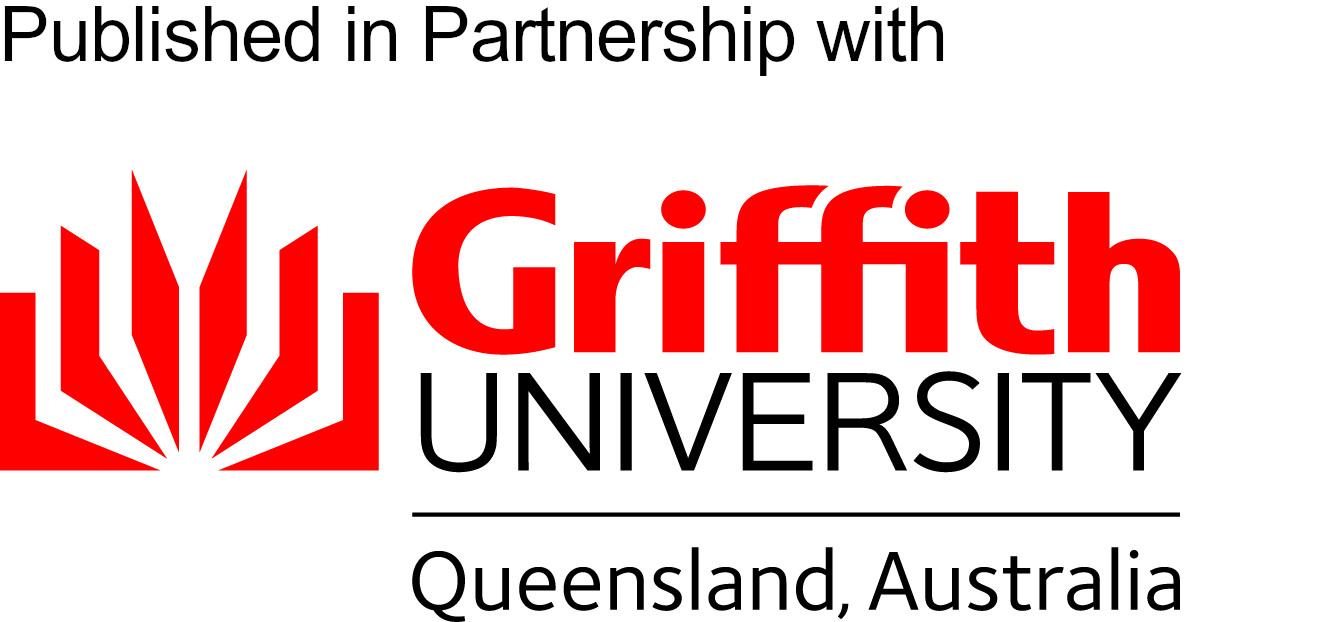Peanut Butter, Salmonella Poisoning and Children
On Becoming 'Involved' and Angry Following a Company Crisis
DOI:
https://doi.org/10.1017/S1321816600002075Keywords:
Salmonella contamination, hospitalisation, Kraft peanut butterAbstract
Imagine the following scenario: your six-year-old daughter has come home sick from primary school with stomach cramps, diarrhoea and vomiting. You envisage a touch of gastro-enteritis – after all, it is common in kids – and expect it to blow over quickly. She's off her food and will only eat a few things, including peanut butter on toast. After a few days, her condition has worsened to the point that your family GP is considering hospitalising her. Later, you hear on the radio that Kraft, which initially only recalled eight brands of peanut butter, is recalling its entire peanut butter range due to possible contamination with salmonella bacteria from mouse droppings found in batches of roasted peanuts from a Kingaroy supplier (BRW 2.9.96). If this were you, chances are that you would feel angry because it is your daughter who has been affected. You are involved.
References
Celsi, R.L and Olson, J.C. 1988. ‘The role of involvement in attention and comprehension processes’. Journal of Consumer Research 15: 210–224.
Frijda, N.H 1993. ‘Moods, emotion episodes and emotions’. In Lewis, M. and Haviland, J.M. (eds) Handbook of Emotions. New York: Guildford Press, 381–403.
Härtel, C.E.J., McColl-Kennedy, J.R., and McDonald, L. 1998. ‘Incorporating attributional theory and the theory of reasoned action within an affective events theory framework to produce a contingency predictive model of consumer reactions to organizational mishaps’. Advances in Consumer Research 25: 428–432.
Jorgensen, B.K. 1996. ‘Components of consumer reaction to company-related mishaps: a structural equation model approach’. Advances in Consumer Research 23: 346–351.
McDonald, L. and Härtel, C.E J. 1999, December. ‘Use of affective events theory to explain the impact of company mishaps on consumer anger and purchase intentions’. Refereed Proceedings of the 13h International Conference of the Australia New Zealand Academy of Management, CD-ROM. Hobart, Tasmania, Australia.
Weiner, B. 1995. Judgments of Responsibility. New York: The Guildford Press.
Weiss, H.M and Cropanzano, R. 1996. ‘Affective events theory: a theoretical discussion of the structure, causes and consequences of affective experiences at work’. Research in Organizational Behaviour 18: 1–74.





